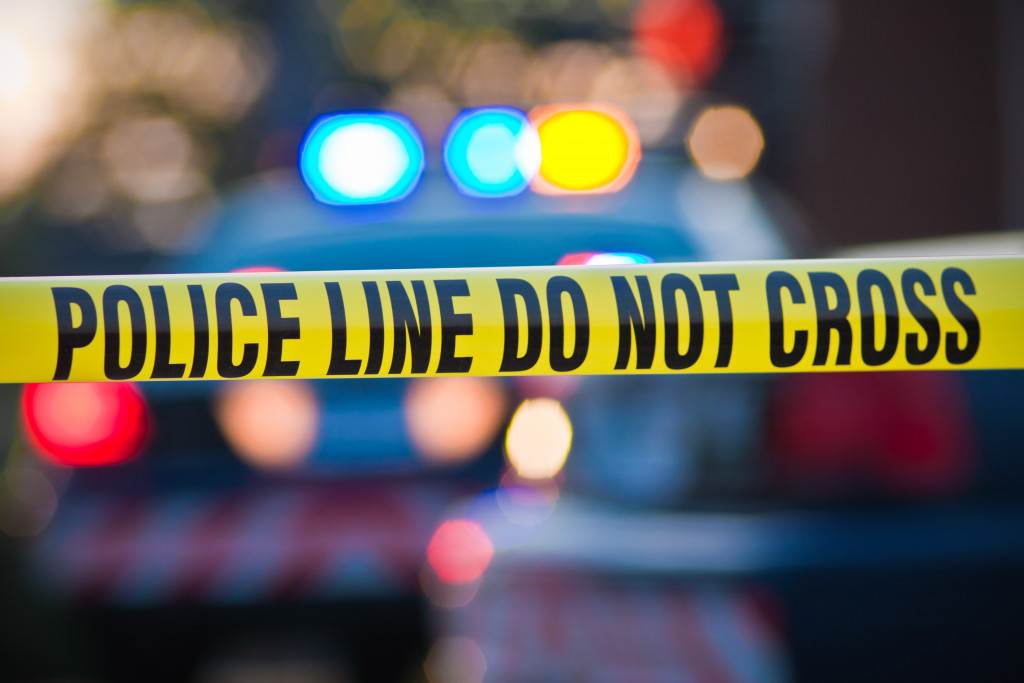• Avoid confrontational or violent language.
• Limit your time outside after dark.
• Be familiar with your surroundings.
• Avoid intoxication when out and about, as it can impair judgment.
• Do not carry weapons. Instead, call 911. You can also take self-defense classes and carry pepper spray.
Being aware and informed is the key to staying safe in violence-prone communities. It’s essential to be knowledgeable of the things that can escalate a dangerous situation, as well as how to avoid such situations altogether. Here are things you should try to avoid when in these communities.
Confrontation/Violent Language
It’s important not to let yourself get swept up in an argument or confrontation, no matter how angry or wronged you feel. Using physical or verbal violence only increases the likelihood of further violence being used against you. If faced with an altercation, remain calm and use words like “please” and “thank you” instead of raising your voice or using aggressive language.
Being Out at Night
You may want to limit your time outside after dark since many violent incidents occur during this time frame. If possible, travel with friends or family when going out late at night for protection and security. Additionally, stick close to areas where there are people around—the fewer people there are around, the more vulnerable you become.
Not Knowing Your Surroundings

Make sure you know the area in which you are traveling and that you’re familiar with your surroundings. Knowing what is happening around you can help save your life if needed. Additionally, avoid dark alleys or unfamiliar areas at night as these areas can be more prone to criminal activity.
Intoxication
Alcohol and drugs can impair reasoning, making it more difficult for you to stay out of trouble. Intoxication can also lower your inhibitions and make you more likely to take risks or engage in behavior that could put you in danger. It can also put you at risk of getting a DUI, especially considering that the roads in violence-prone communities are often more dangerous. It’s best to stay sober when going out so you can make rational decisions if faced with a potentially violent situation.
But if you find yourself under the influence, stay with a trusted friend or family member who can help you stay safe. And if you get in trouble with a DUI, consider employing the help of top DUI lawyers to get you out of a potentially serious legal situation. They can look into the specifics of your case and make sure you get a fair trial in court.
Carrying Weapons
Although it may seem like a good idea to carry protection with you, weapons can easily be turned against you. Having any sort of weapon puts you at risk of being arrested as well as escalating violence. Here’s what you can do to protect yourself instead:
Call 911
Calling the police can be a quick and effective way to get out of a dangerous situation. The police have a duty to protect citizens, so if you feel threatened in any way, don’t hesitate to call 911 for help.
Stay alert
Be mindful of your surroundings and practice basic safety protocols like keeping your cell phone charged at all times and knowing where the exits are in case you need to leave quickly. Additionally, try to avoid walking alone late at night or in isolated areas.
Take self-defense classes

Self-defense classes can teach you how to protect yourself in the event of a physical altercation. In addition, they can also provide you with the confidence and skills needed to effectively defend yourself without resorting to violence.
Get a pepper spray
Pepper spray is an effective way to briefly incapacitate your attacker and give you time to escape. Make sure you read up on the laws for using pepper spray in your area and learn proper techniques so that you can use it effectively if needed.
By knowing how to best defend yourself in dangerous communities, you can stay safe and protect your well-being.
Staying safe in violence-prone communities is critical. By being aware of the things that can escalate a dangerous situation, such as confrontational and violent language or intoxication, you can better protect yourself against potential harm.
Additionally, it’s essential to know your surroundings to make rational decisions if faced with a potentially violent situation. Lastly, practice basic safety protocols like carrying pepper spray for protection and knowing when to call 911 for help in an emergency. With these tips in mind, you should be well on your way toward staying safe no matter where life takes you!




